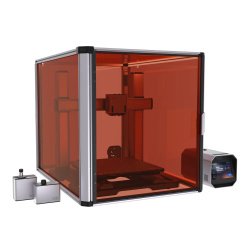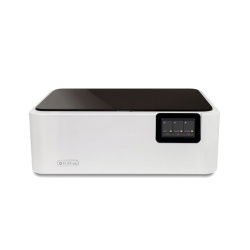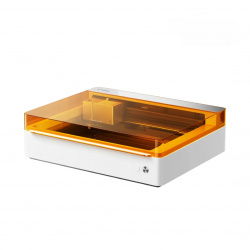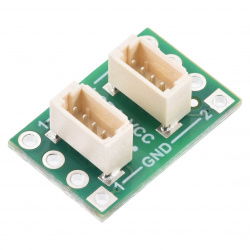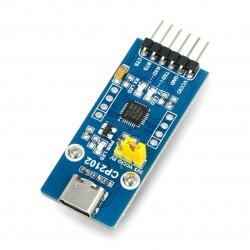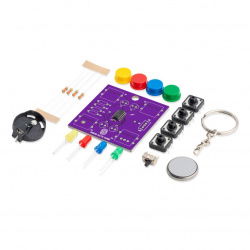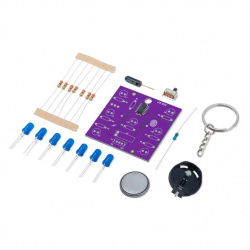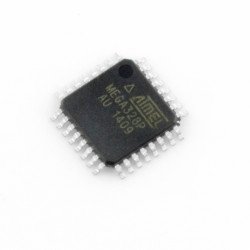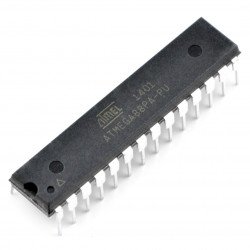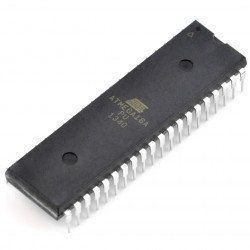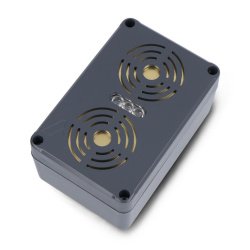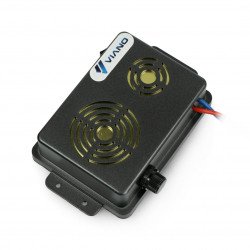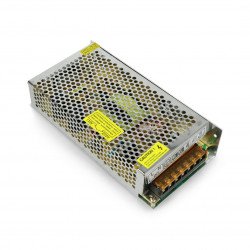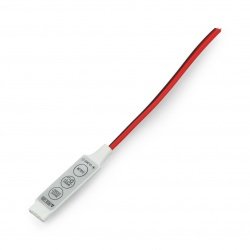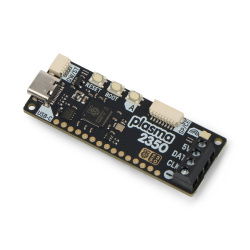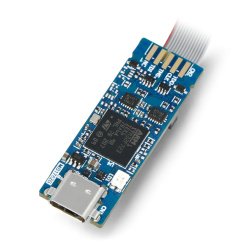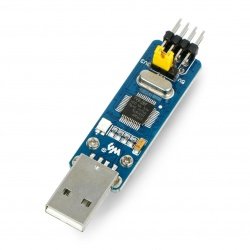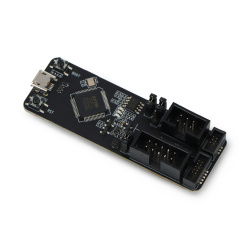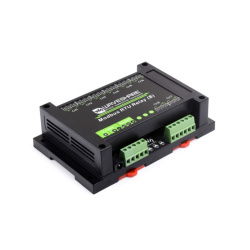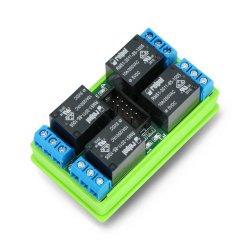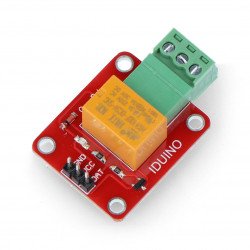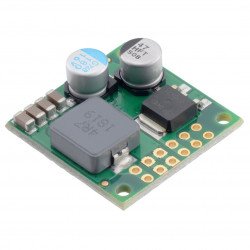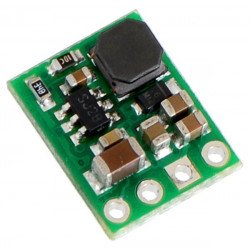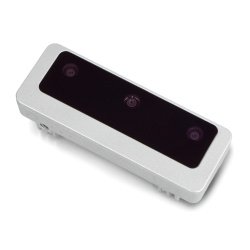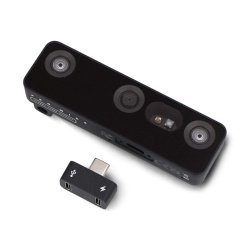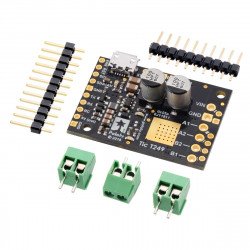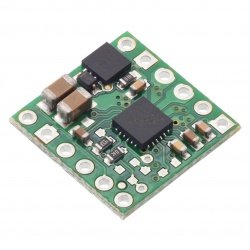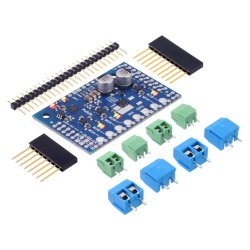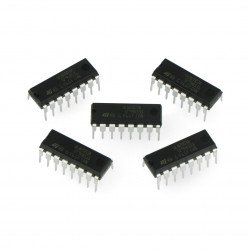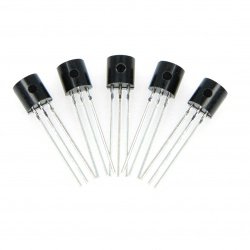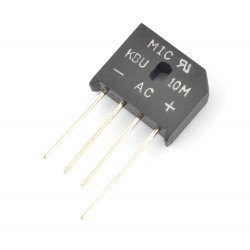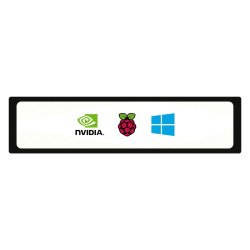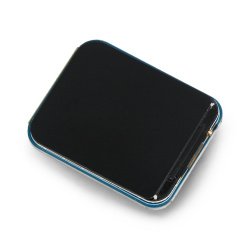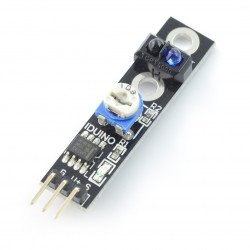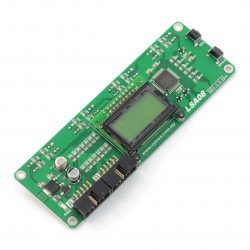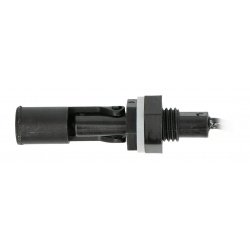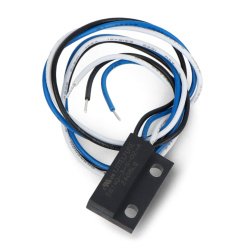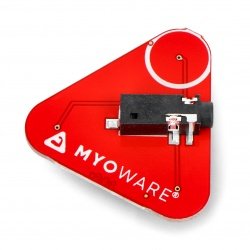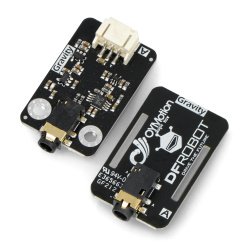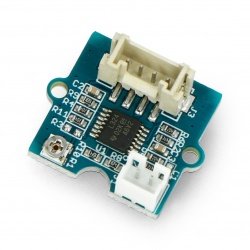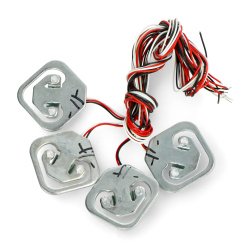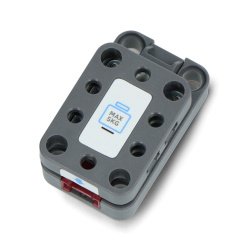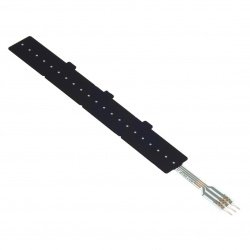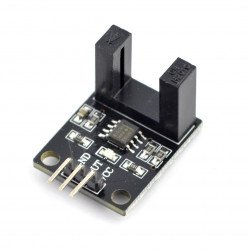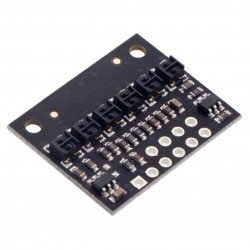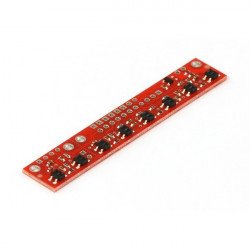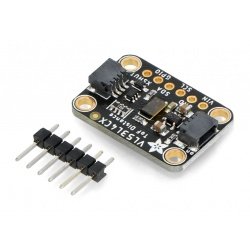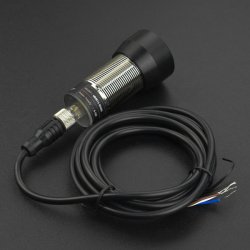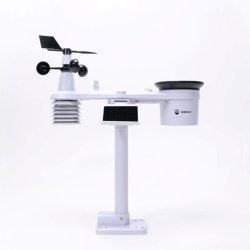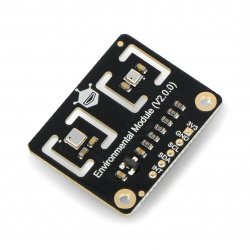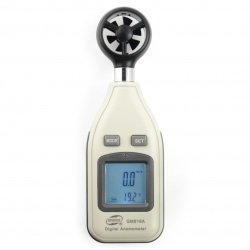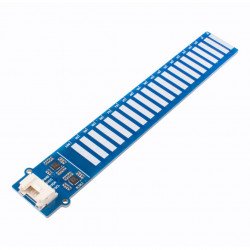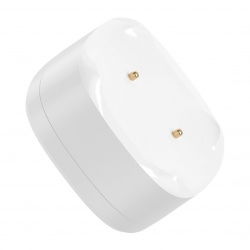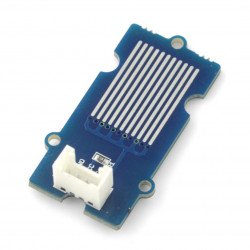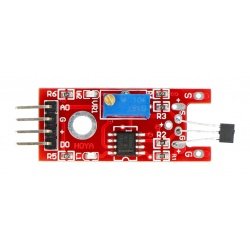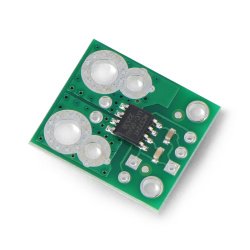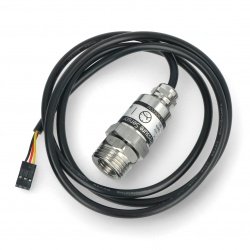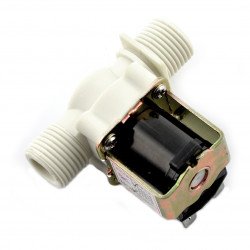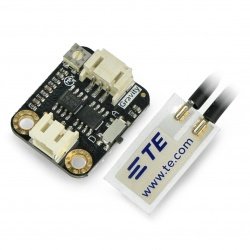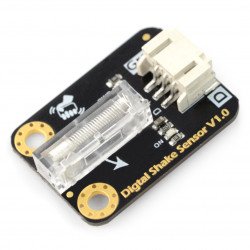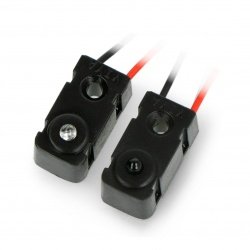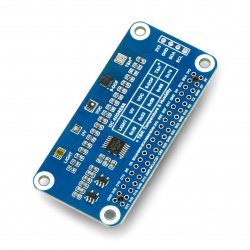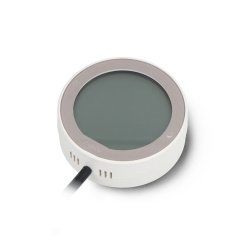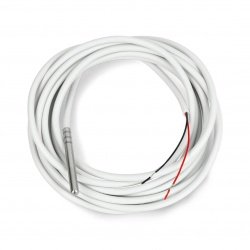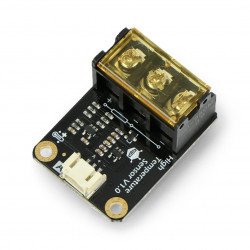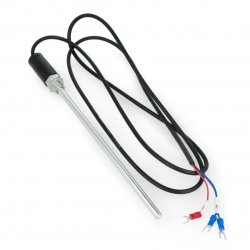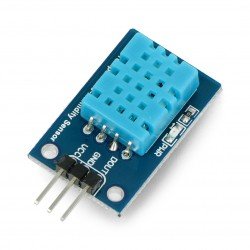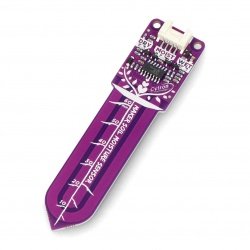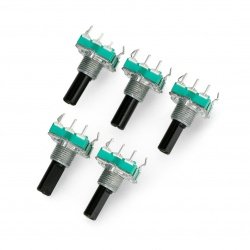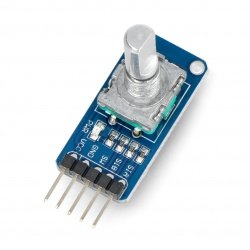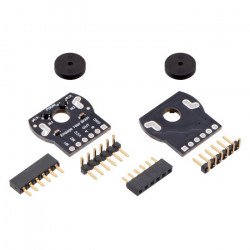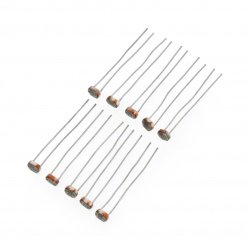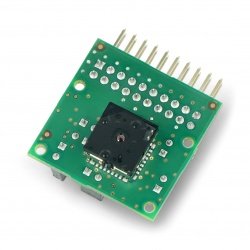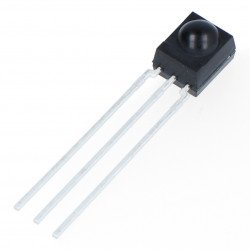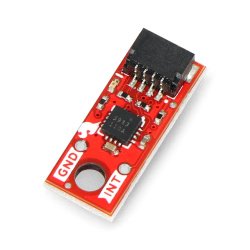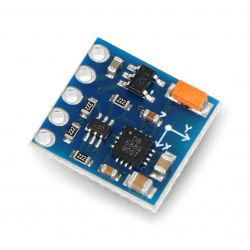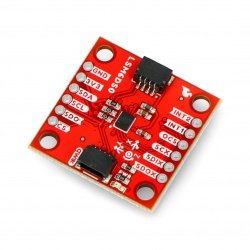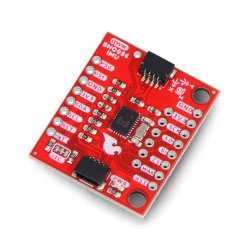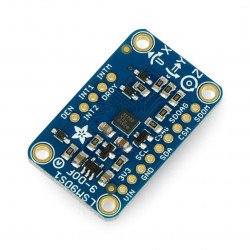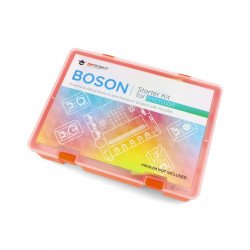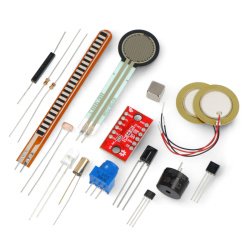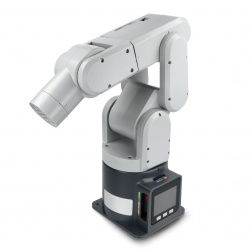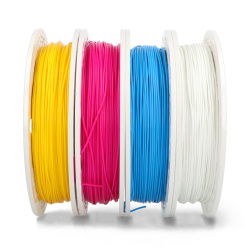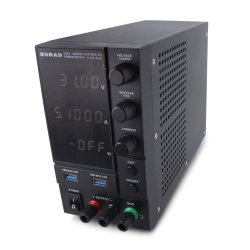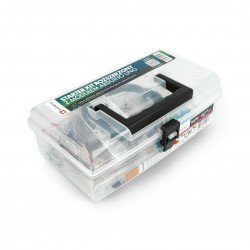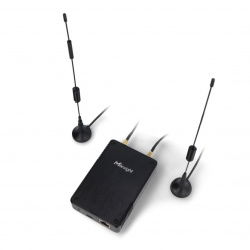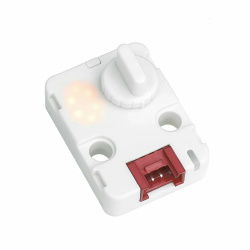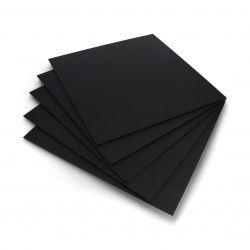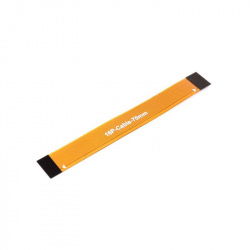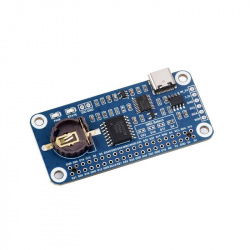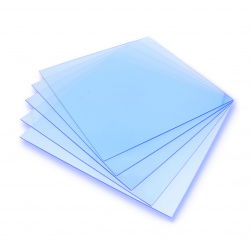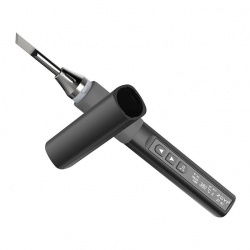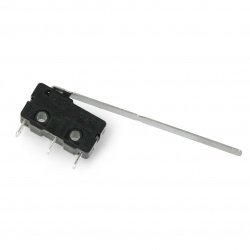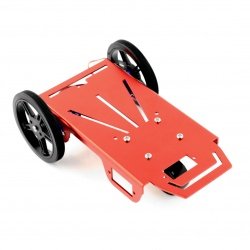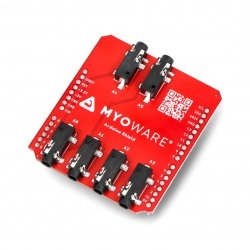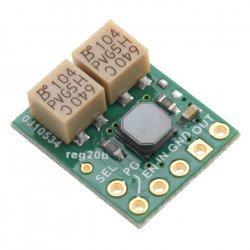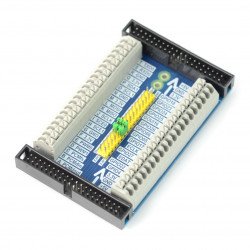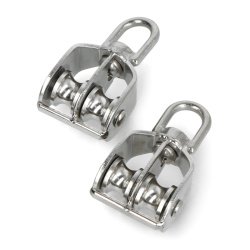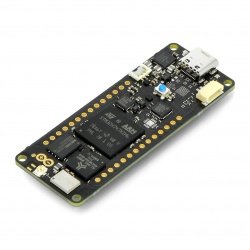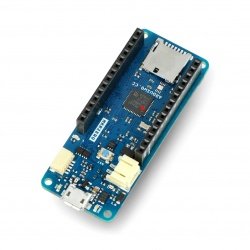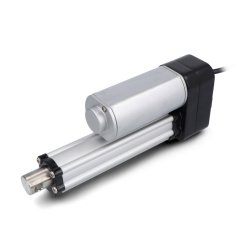CubieBoard minicomputers have been produced since 2012. This single board computer has several versions. The most popular modules are marked with consecutive numbers: 1, 2, etc. Each subsequent version offers new features and extensions. Thanks to this, electronic designers can benefit from high performance and flexibility in many embedded apllications. Extensions have the function similar to shields or „hats” on other popular minicomputers and development boards. CubieBoard modules working with an extension can get more functionality due to plenty of connectors and peripherals. You can easily connect them to various external devices. CubieBoard manufacturer, a CUBIETECH company from China, is developing a range of various components and subassemblies dedicated to its minicomputers. You can buy products such as SoM (System-on-Module), modules for network communication, as well as HDMI and USB interfaces for your main module. The offer also includes dedicated displays for CubieBoard. You can also buy basic accessories, such as power adaptors, memory cards and compatible cameras. These elements will allow you to build almost any project based on a CubieBoard minicomputer.
CubieBoard
See also
- Anet 3D printers
- 2-core cables
- DJI Mavic drones
- Esperanza compressed air
- Power supplies 12v 10a
- DJI Inspire drones
- Outdoor LED lighting
- Zortrax Filaments
- Syma drones
- 24v relays
- DJI Phantom drones
- Wireless mice
- Fluorescent filament
- Conductive paint
- Magnetic balls
- RPi Wi-Fi cards
- Encoders
- Intel modules & kits
- Hexbug toys
- Tablets
- Compressed air to clean the keyboard
- PLA Pro filaments
- DJI Mavic drones - drones and accessories
- Photo traps
- 2D printers and pens
- Intel starter kits
- Android Box Smart TV
- Banana Pi
- Intel expansions & hats
- Smart ABS filaments
- Resistors SMD 1206
- GPS trackers
- Headphones
- Aqara - home automation
- Vacuum forming
- STM32 books
- Dobot 3D printers
- Books about Raspberry Pi
- Chargers
- String bags (zip bags)
- Intel - module accessories
- Photon
- Electrolytic capacitors SMD
- BCN3D 3D printers
- Refill filaments
- BeagleBone power supply
- AGM batteries
- Car handles
- Alarm sirens
- Tantalum capacitors SMD
- Sensors and alarms
- Flsun 3D printers
- Flexible filaments
- Laminators
- Zortrax 3D printers
- Arylic sound modules
- Khadas VIM
- Doorbells and peepholes
- Motor capacitors
- RC cars and models
- PowerBank mobile batteries
- Trilab 3D printers
- Bluetooth Speakers
- Control equipment
- Linear actuators
- Goofoo 3D printers
- Spare parts
- Webcams
- LED lighting
- Urbicum 3D printers
- Raspberry Pi 2B+
- ATMAT 3D printers
- Mycusini 3D printers
- TinkerGen
- Weight meters
- DJI educational robots
- Makeblock 3D printers
- Transport cases
- MakerPi 3D printers
- Orange Pi
- Silk Filaments
- Sparky
- Air conditioning and heating
- 3D printer Artillery
- Abilix Krypton
- SkriWare - educational robots
- Gas soldering irons
- Air purifiers
- LittleBits
- Exta Free - sensors and modules
- USB Numato Lab GPIO drivers
- Spresense Sony
- Rock Pi
- Netronix RFID modules
- Clementoni
- AST lighting drivers
- WowWee
- Coolseer home automation
- AMK - automation and control
- Smartwatches
CubieBoard single board computers
CubieBoard minicomputers offer all of the functionalities that you know from regular PCs. They have very high performance and connectivity capabilities. The CubieBoard 1 single-board computer is based on AllWinner A10 processor with a Cortex-A8 CPU. The processor is running at 1 GHz. This module has two USB A connectors as well as an HDMI and Ethernet interfaces. GPIO connector is very important for embedded designers, and is today considered a standard in SBC-class minicomputers. It allows you to connect various accessories and add-ons to the main module. Electronic designers and makers are eager to use GPIO to increase the functionality of a single-board computer because they know the flexibility provided by GPIO connector available in famous Raspberry Pi platform. CubieBoard 1 also has many other connectors, such as: I2C, SPI, VGA and a camera connector. The CubieBoard 2 module has a dual-core AllWinner A20 processor with ARM Cortex-A7 core. The processor is also clocked at 1 GHz. This minicomputer also has 4GB eMMC internal memory for operating systems and user data storage. CubieBoard single board computers also have a SATA connector. This allows you to connect a standard hard disk.
Capabilities of CubieBoard minicomputers
Users of a CubieBoard single-board computer can use it as an office computer. It shows how much functionality this module has. All CubieBoard modules have Ethernet connectors. Newer versions of the minicomputer also have built-in Wi-Fi and Bluetooth modules. Thanks to this, CubieBoard modules can be used in wireless smart home systems. They will also work in IoT (Internet of Things) applications. Single board computers work under Android and Debian (including Ubuntu) operating systems. They are also supported by other open source operating systems. This means that electronic device builders have a much better chance of creating projects exactly according to their ideas. CubieBoard can be used by both electronics and hobbyists. The modules will also be suitable for people who are learning programming and electronics.
Extension for Cubieboard DVK522
In Botland store you will find a very interesting product dedicated for CubieBoard 1 and 2 minicomputers. This is the DVK522 board. You can use it as a embedded device development platform. The shield connects to the CubieBoard single board computer using goldpins that match its bulit-in GPIO connectors. It also has many other useful interfaces and features. These are: UART, I2C, 1-Wire, SPI communication ports, as well as a camera connector, VGA and CVBS outputs. You can also connect dedicated touch screens to CubieBoard via the DVK522 board. The platform also provides many jumpers to connect various elements depending on your needs (e.g. LEDs, buttons, RTC clock). These components are factory mounted on the PCB. The DVK522 also has 9 LEDs, a buzzer and a 3.3 V / 5 V power output.




